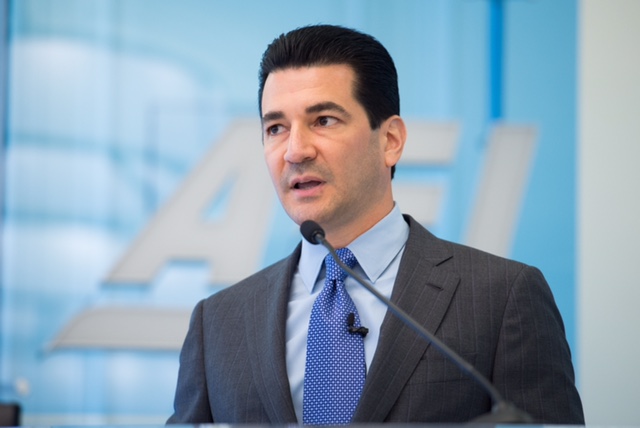The latest iteration of the National Defense Authorization Act (NDAA), recently passed by the House of Representatives, lets the FDA retain power over the approval of drugs and medical devices designed to be used by soldiers. An earlier version of the bill would have given the Pentagon the power to approve certain emergency-use medical products without FDA oversight.
When the details of the act were first revealed, FDA Commissioner Scott Gottlieb was very vocal about his opposition to giving the Department of Defense (DOD) jurisdiction over drugs to be used on the battlefield. At an event hosted by The Hill, he argued that provisions in the bill could put the health and safety of members of the military on the line.
“That’s important because we think we provide a level of oversight that helps ensure the safety of products, helps follow-up to make sure that if there are adverse events we’re monitoring them, we’re collecting that information,” said Gottlieb. “So we think keeping it within the FDA context is the right thing.”
The newly-passed version of the bill will allow the FDA to expedite approval of some medications in emergency-use situations. Since this compromise favoured the FDA over the DOD, the regulator will need to make sure it acts quickly in emergency situations or face further criticism from the military.
One of the main issues for the DOD surrounds the use of freeze-dried plasma (FDP), which is currently used in Europe but has not been approved by regulators in the US. FDP does not require refrigeration which makes it an invaluable tool for emergency medicine during military operations.
The FDA anticipates FDP will be approved for military use in 2018, but members of the House Armed Services Committee has expressed frustration at the regulator’s slow approval process.
“Waiting a decade for approval of treatments that can save lives on the battlefield when proven medical products are in use around the world is unacceptable,” said House Armed Services Committee Chairman Mac Thornberry, and ranking member Adam Smith. “To be clear, if the Armed Services Committee does not see evidence that the FDA is doing a better job meeting the needs of our troops, we will not hesitate to take action.”












Join or login to leave a comment
JOIN LOGIN